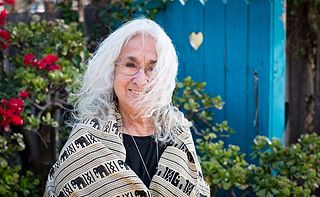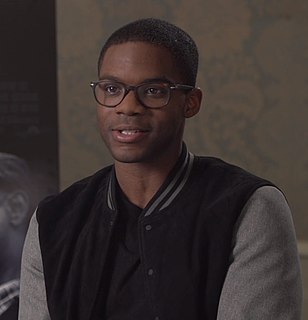A Quote by Nadine Gordimer
From Ernest Hemingway's stories I learned to listen within my stories for what went unsaid by my characters.
Related Quotes
It has been suggested that Tiptree is female, a theory that I find absurd, for there is to me something ineluctably masculine about Tiptree’s writing. I don’t think the novels of Jane Austen could have been written by a man nor the stories of Ernest Hemingway by a woman, and in the same way I believe the author of the James Tiptree stories is male.
Stories move in circle. They don’t move in straight lines. So it helps if you listen in circles. There are stories inside stories and stories between stories and finding your way through them is as easy and as hard as finding your way home. And part of the finding is the getting lost. And when you’re lost you start to look around and to listen.
We are opinionated society. We're very happy to spout forth our own views; we're not good about listening. We have to listen to other's stories. Learn to listen to the stories of the terrorists just as we hope that they will listen to ours because very often these narratives express frustrations, fears, and anxieties that most societies can safely ignore.





































